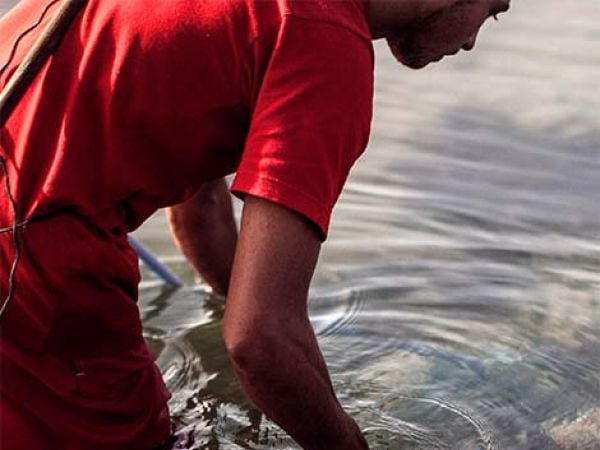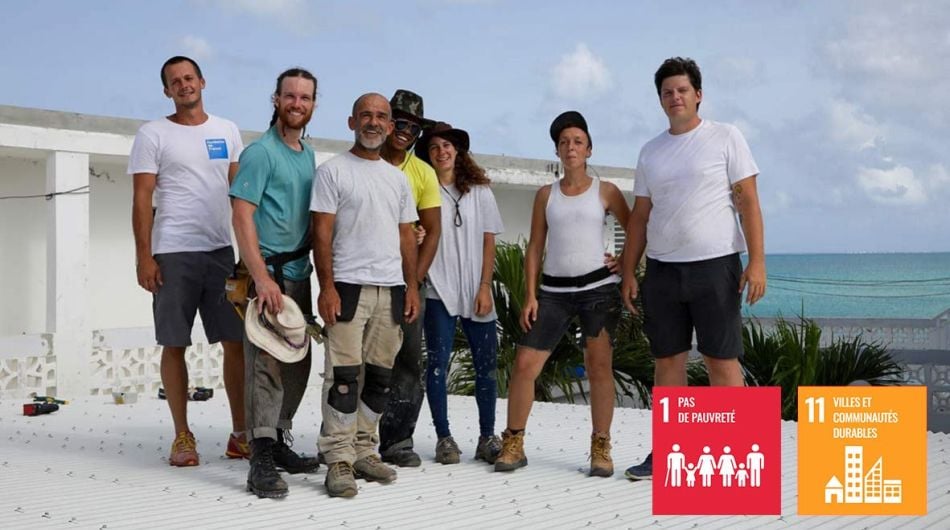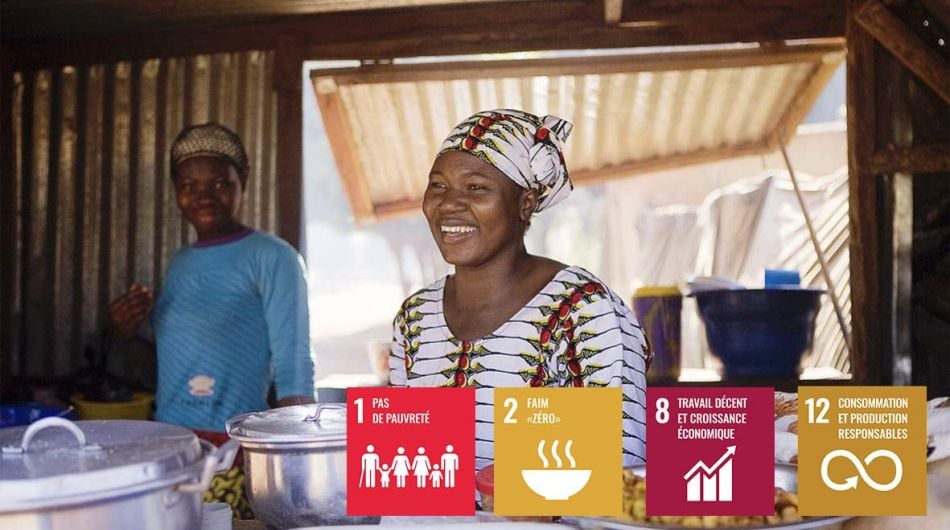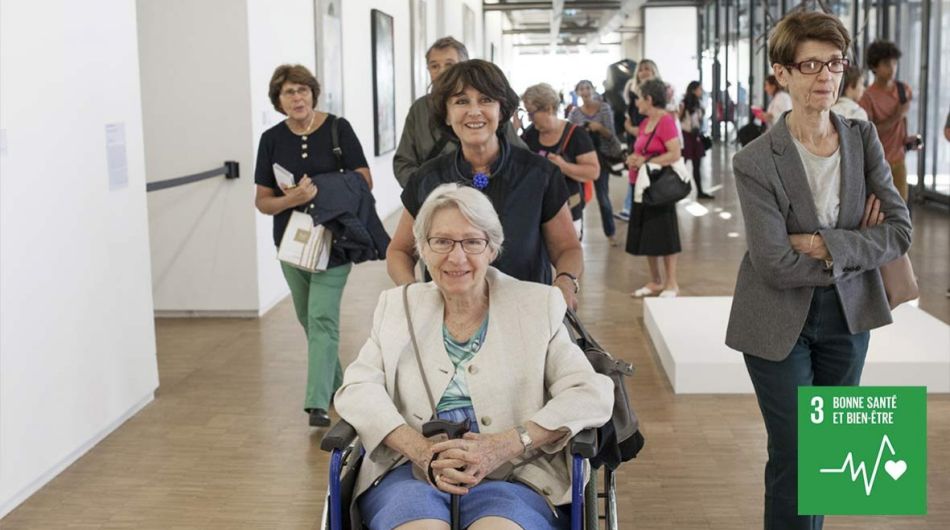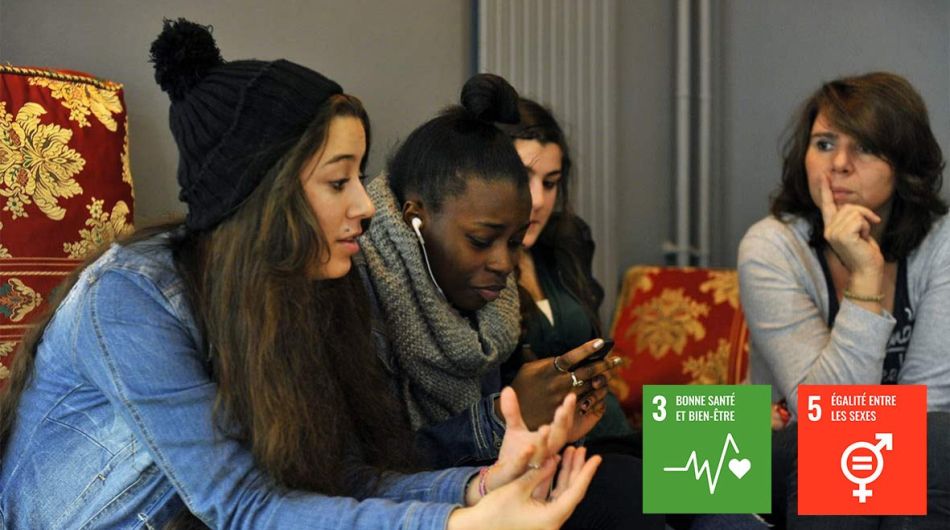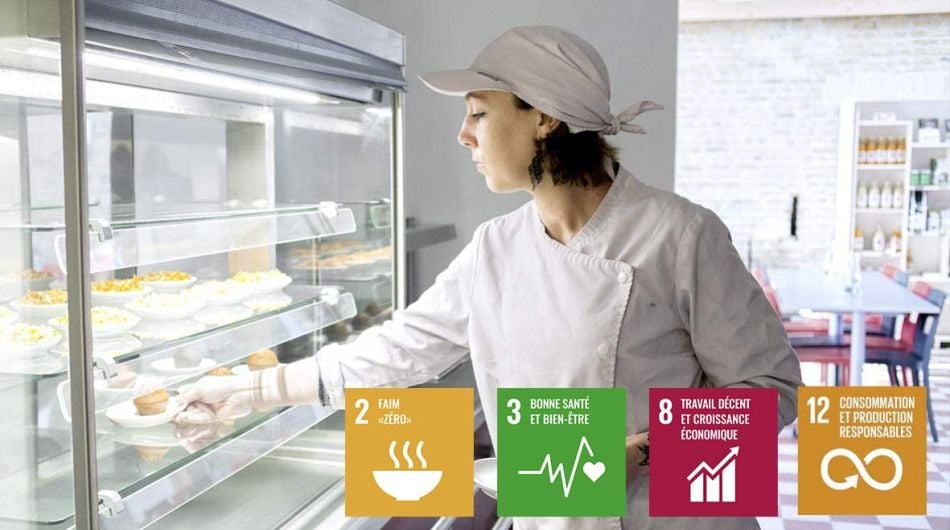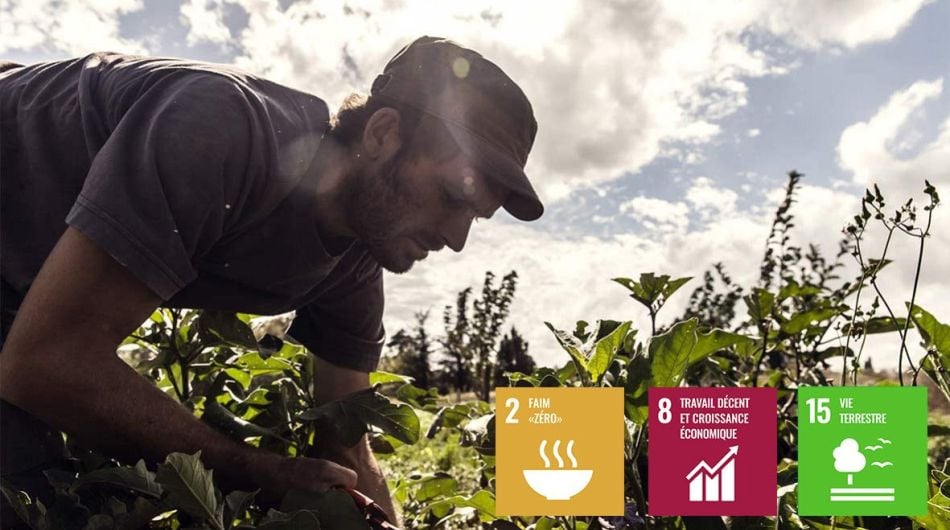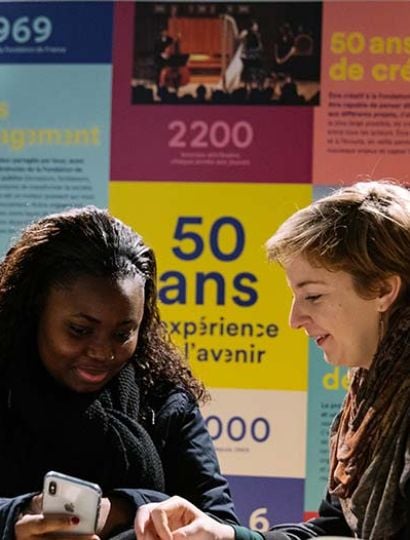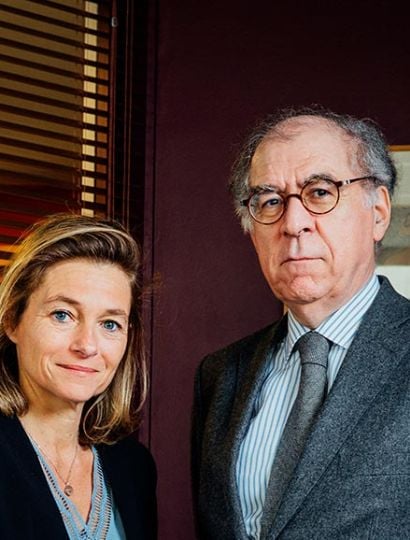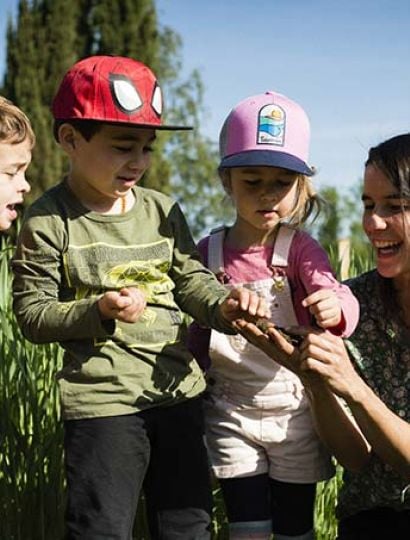The 17 Sustainable Development Goals, which were adopted in 2015 by all of the UN member states, structure the work of all countries in promoting prosperity and ending poverty, while preserving the planet. Active in all non-profit sectors, Fondation de France incorporates this approach in both its charitable activities and its organization.
Intergenerational transmission drives philanthropy, which is why Fondation de France and its donor-advised funds work for a better world, day after day. By supporting each year more than 10,000 projects in all nonprofit sectors, they contribute actively to the Sustainable Development Goals (SDGs). Combating poverty, reducing inequalities, protecting the environment, these are some of the interdependent areas for which Fondation de France has chosen to measure its contribution and that of its donor-advised funds.


